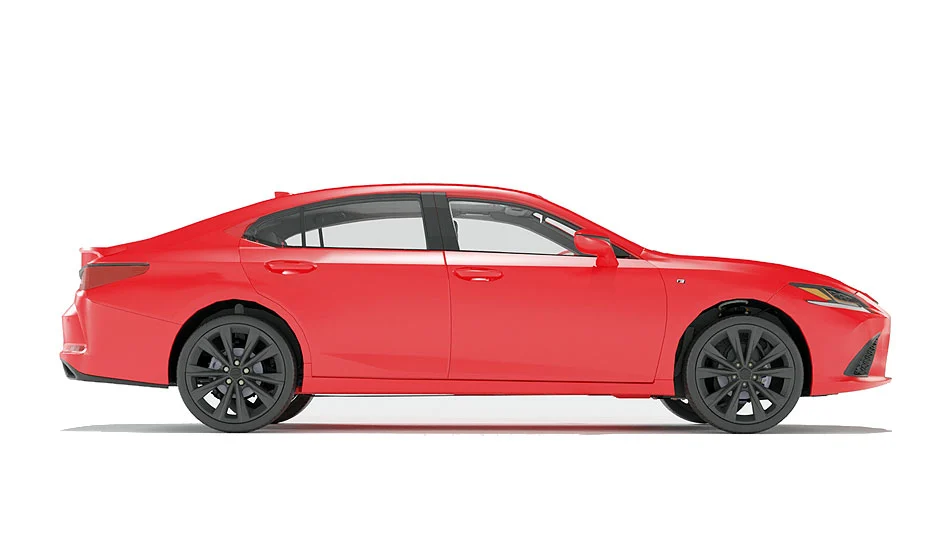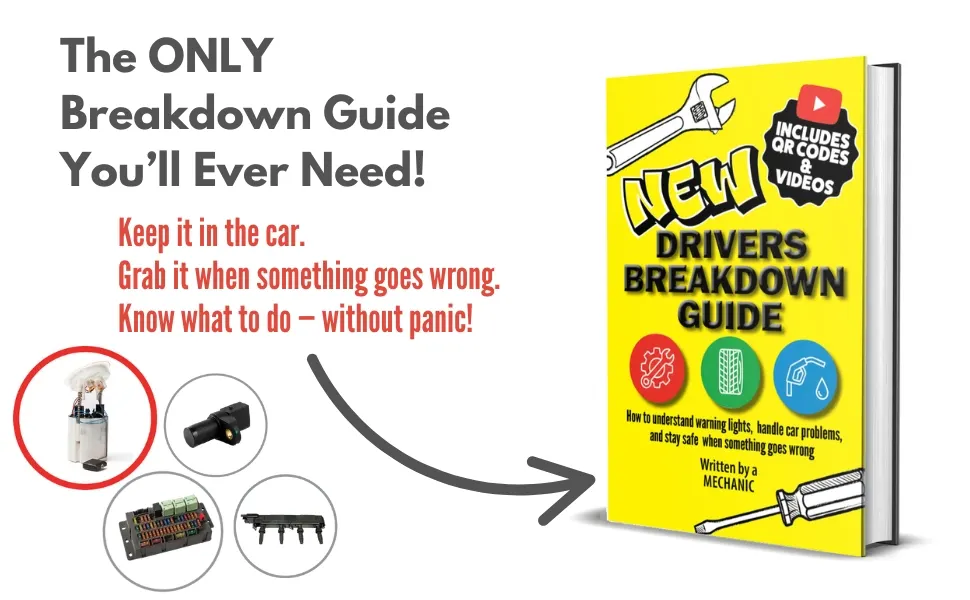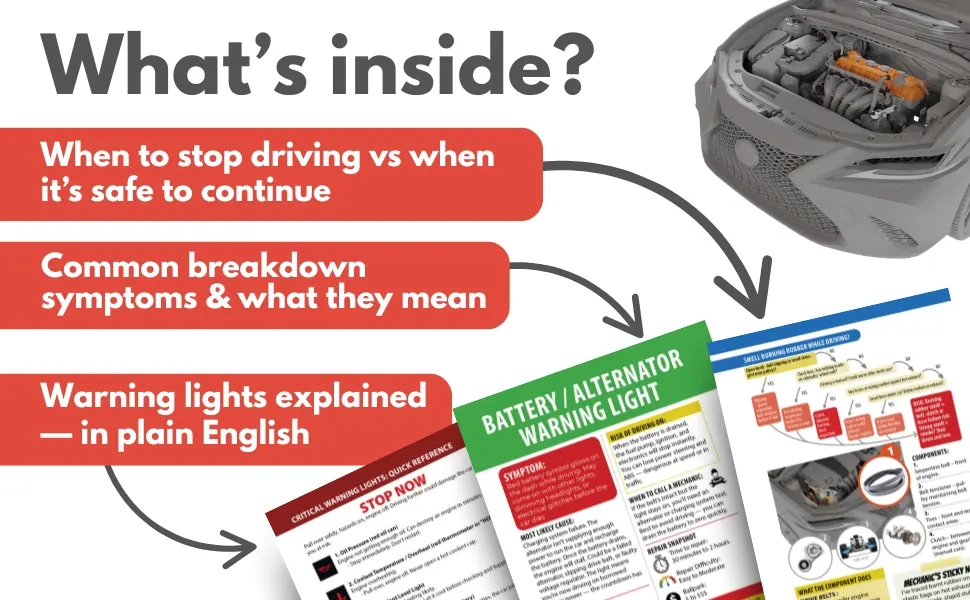Hit the pedal and hear grinding? That’s not just ugly noise — that’s your brake pads crying out, metal-on-metal. Keep driving, and you’re chewing through rotors.
Why It Happens
Brakes are simple. Pads squeeze the rotor to stop the car. Pads wear out, and when the friction material is gone, the steel backing plate digs straight into the rotor. That’s the grind.
Other times? A rock stuck between pad and rotor can pull the same trick — sudden grind, but not always permanent damage.
Most Common Causes
- Worn-out brake pads – friction material gone, steel backing chewing the rotor.
- Stuck caliper – one pad dragging nonstop, wearing down to metal.
- Debris caught in brakes – rock or gravel jammed between pad and rotor.
- Warped or rusted rotors – less common, but can grind when badly pitted.
What You Can Check
- Peek through the wheel spokes. Can you still see pad material, or is it down to metal?
- Look for scoring on the rotor surface — deep grooves = metal contact.
- Listen: does the grind happen only when braking (worn pads) or all the time (possible debris or stuck caliper)?
- Jack it up and spin the wheel. Grinding with no brake applied? Rock or seized part.
What a Mechanic Will Check
- Pad thickness and evenness on all four corners.
- Rotor condition: grooves, scoring, or heat spots.
- Caliper slide pins and pistons for sticking.
- Wheel bearings (just to rule out similar grinding noises).
Ballpark Repair Costs
- New brake pads: $150–$300 per axle.
- Pads + rotor replacement: $300–$600 per axle.
- Stuck caliper replacement: $350–$600.
- Quick fix for debris: sometimes free, sometimes a small labor charge.
When to Call It Quits
Grinding brakes aren’t “wait and see.” Every mile you drive is eating the rotors alive — doubling or tripling the repair bill. If you hear grinding, it’s shop time now, not next week.

Visit our DIY Car Maintenance page and level up your car care skills — or keep the quick-reference version below in your glovebox.
Look inside on Amazon.com


Look inside on Amazon.com

